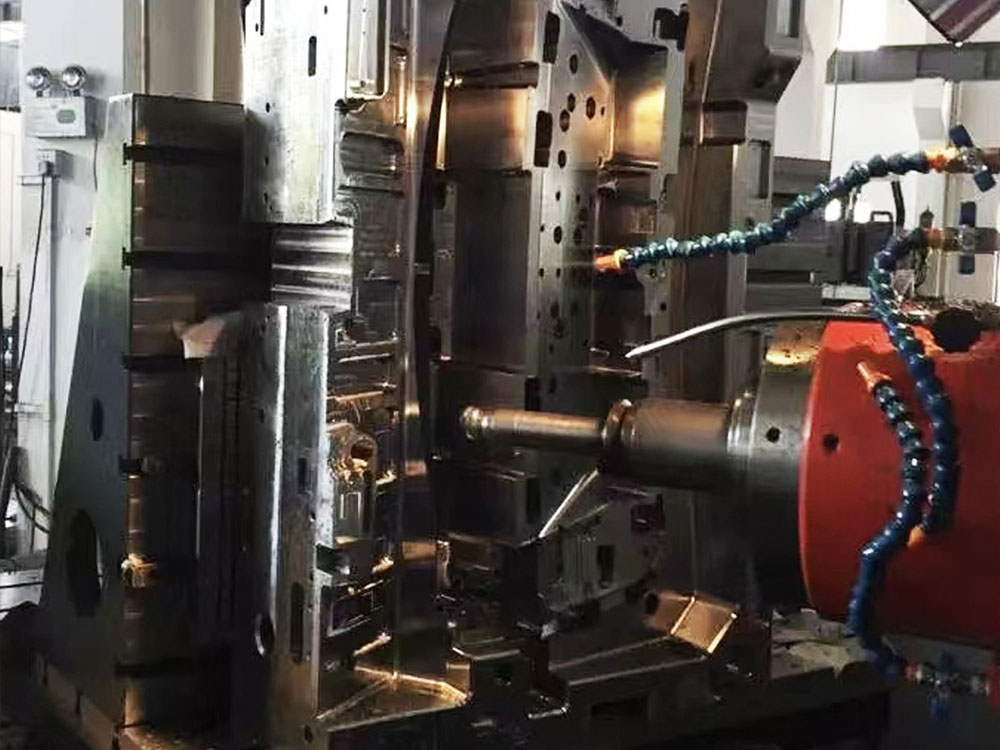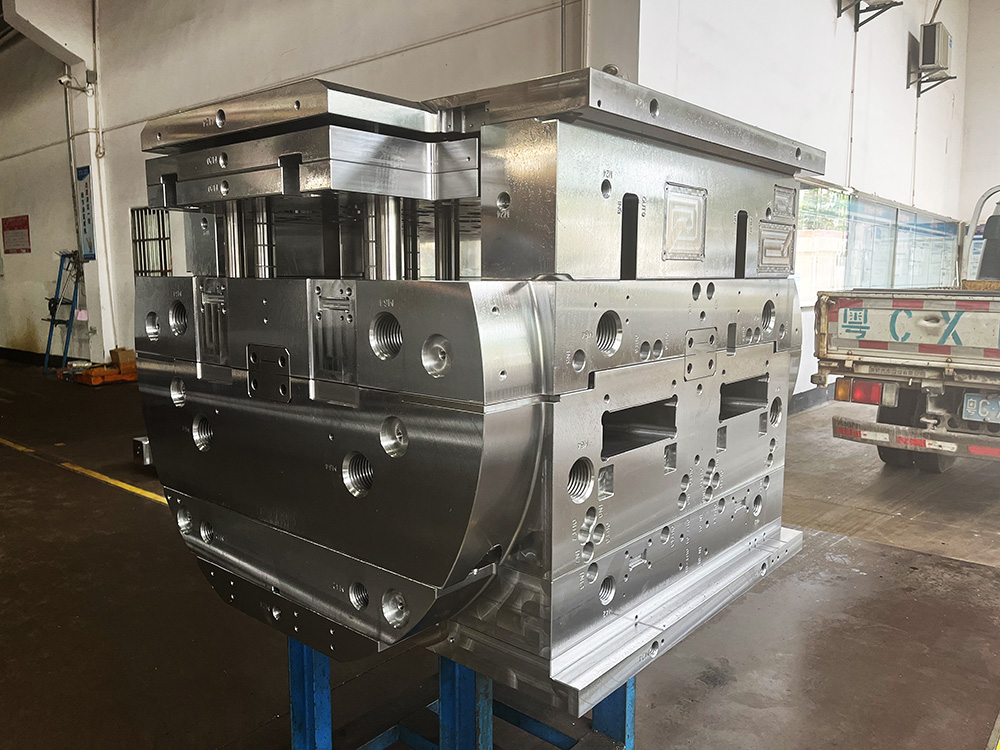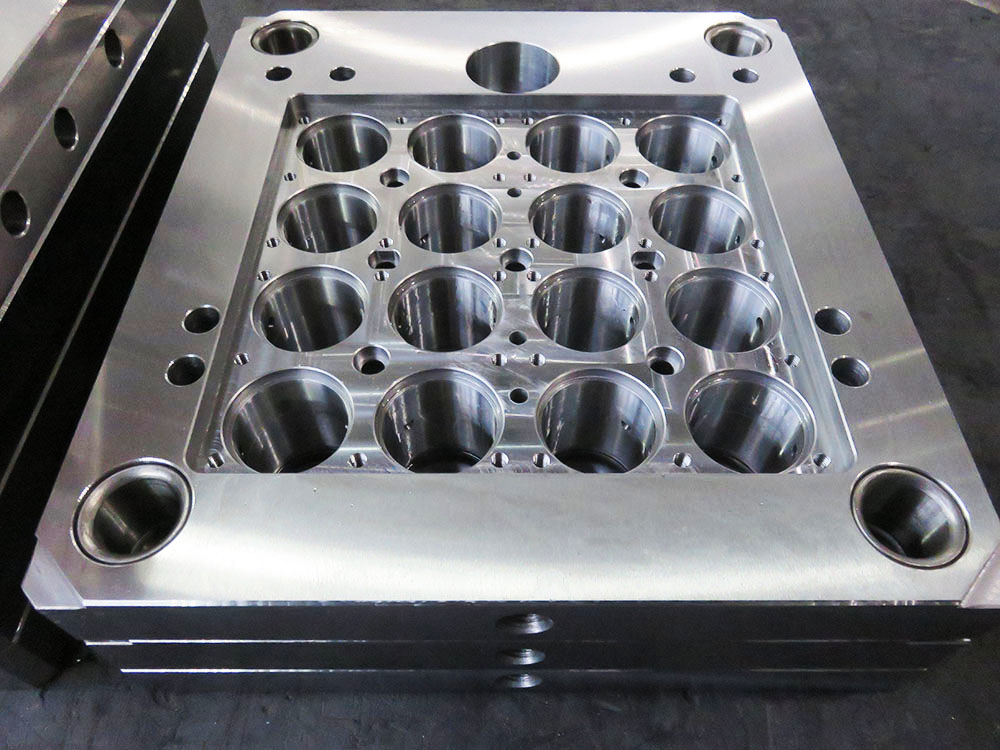What type of steel is used in the construction of a modular framework?
The choice of steel for constructing a modular framework is crucial to ensure durability, strength, and structural integrity. Various factors such as load-bearing capacity, resistance to corrosion, and cost-effectiveness play a significant role in determining the most suitable steel type. In the mold base industry, several types of steel are commonly used, each with its own advantages and applications.
1. P20 Steel
P20 steel, also known as 1.2311 or PDS-3, is a versatile and widely used steel for mold bases. It is a low-alloy tool steel with good machinability and excellent wear resistance. P20 steel is highly suitable for large and complex mold bases due to its uniform hardness and high polishability. Its good toughness and dimensional stability make it a preferred choice for various modular frameworks.
2. S7 Steel
S7 steel, also referred to as 1.2357, is a shock-resistant tool steel commonly used in the mold base industry. It has excellent toughness and high impact resistance, making it ideal for applications where the framework needs to withstand heavy impact loads. S7 steel is known for its relatively low distortion properties during heat treatment, making it a reliable choice for creating robust modular frameworks.
3. H13 Steel
H13 steel, also known as 1.2344, is a hot work tool steel widely used in mold base construction. It offers high heat resistance, excellent wear resistance, and good hardenability characteristics. H13 steel is popular in industries where the framework needs to withstand high-temperature environments. Its outstanding combination of hardness and toughness makes it suitable for modular frameworks that require long service life even under extreme conditions.
4. D2 Steel
D2 steel, also referred to as 1.2379, is a high-carbon, high-chromium tool steel commonly used in the mold base industry. It offers excellent wear resistance, good toughness, and high compressive strength. D2 steel is primarily used for its resistance to abrasive wear, making it suitable for modular frameworks that will be subjected to continuous friction or sliding contacts.
5. 420 Stainless Steel
420 stainless steel, also known as 1.2083, is a martensitic stainless steel typically used in the mold base industry. It offers good corrosion resistance, high hardness, and excellent dimensional stability. 420 stainless steel is often used for modular frameworks that require resistance to corrosive environments or tight tolerances to maintain precision.
6. 4140 Steel
4140 steel, also referred to as 1.7225 or SCM440, is a versatile alloy steel commonly used in mold base construction. It offers a good balance of strength, toughness, and wear resistance. 4140 steel is highly suitable for modular frameworks that require high tensile strength and impact resistance, making it a preferred choice for heavy-duty applications.
Conclusion
The selection of steel for constructing a modular framework is a critical decision that influences the performance and longevity of the structure. Different types of steel, such as P20, S7, H13, D2, 420 stainless steel, and 4140 steel, offer unique properties that cater to specific needs in the mold base industry. Engineers and manufacturers must carefully consider the requirements of their modular frameworks to determine the most suitable steel type that will ensure strength, durability, and cost-effectiveness.




